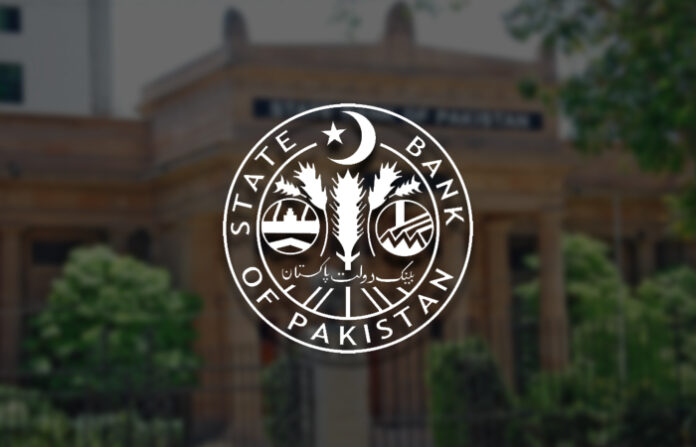In the next two months, Pakistan’s central bank is all set to launch the much-anticipated micropayment gateway (MPG) to allow fast digital payments to be made by private and government sectors, banks, merchants and consumers.
Numerous milestones have been accomplished by the State Bank of Pakistan (SBP) in partnership with foreign partners, experts, vendors and the financial industry. The SBP is now in the last stages of going live with the first use case i.e. bulk transfers possibly by the end of (December) 2020, including government-to-person (G2P) transfers,” the SBP said in a report released this week.
After the completion of the program, the SBP expects a fast digitization of public and private sector collections and payments, in particular wages and pensions.
The MPG is a platform for immediate payments. The central bank took the initiative to attain the strategic objective of improving he Country’s new payment systems, the report stated.
“MPG is a state-of-the art, interoperable and safe payment platform that would allow the exchange of funds in a continuous, immediate and profitable way for customers, merchants and government officials.”
Apart from creating the MPG, the SPB has also been the basis for the improvement of the Country’s high-value payment system.
Under the Financial Inclusion Infrastructure Project (FIIP) of the World Bank, the SBP agreed to replace the existing RTGS (the country’s only high value payment system) with the Automated Transfer System (ATS+) to add efficiency to the Country’s high value settlement system, allowing the central bank to promote securities and transactions that are carried out through the micropayment gateway and other payment systems, the SBP declared.
After evaluating the market for payment card, the SBP found that the distortion was primarily due to market irregularity “whereby issuers (organizations issuing payment cards to their customers) were the most cost-effective, leaving less margins for acquirers (organizations in the POS machine deployment business) because they worked at a loss.”
The SBP made some interferences in the policy to resolve POS acquisition problems such as damaging, justifying the share of card issuers’ and increasing the acceptance of POS card infrastructure, including mandating a floor on the merchants’ discount rate (MDR) for the acquisition of POS, capping the interchange reimbursement fee (IRF) for debit and prepaid cards and mandating banks/card issuers to sell the Domestic Payment Scheme (DPS) card accepted by SBP as the default card at the time of issue or renewal.
The SBP claimed that it was not possible to install POS machines that had great costs for numerous small merchants operating on small margins. “Promoting the approval of payments by QR codes is one of the alternative ways to resolve this situation,” they said.
The SBP has therefore, recommended all QR code issuing entities to follow the QR code specifications of EMVCo as a first step towards achieving interoperability. “It is expected to allow financial organizations, without creating registered schemes to modernize and broaden their acquisition business and provide a basis for inter-scheme interoperability,” the Central Bank said.


